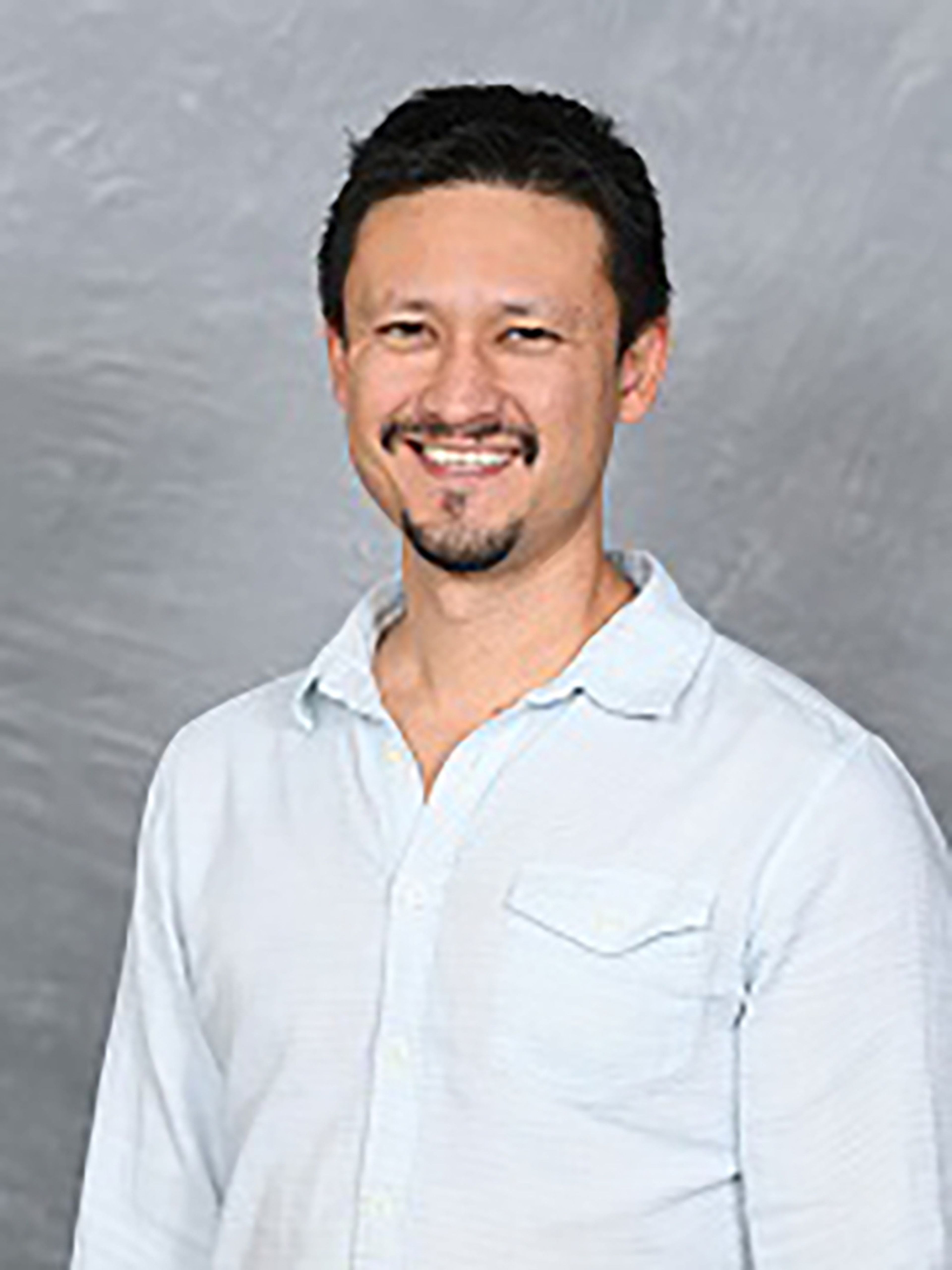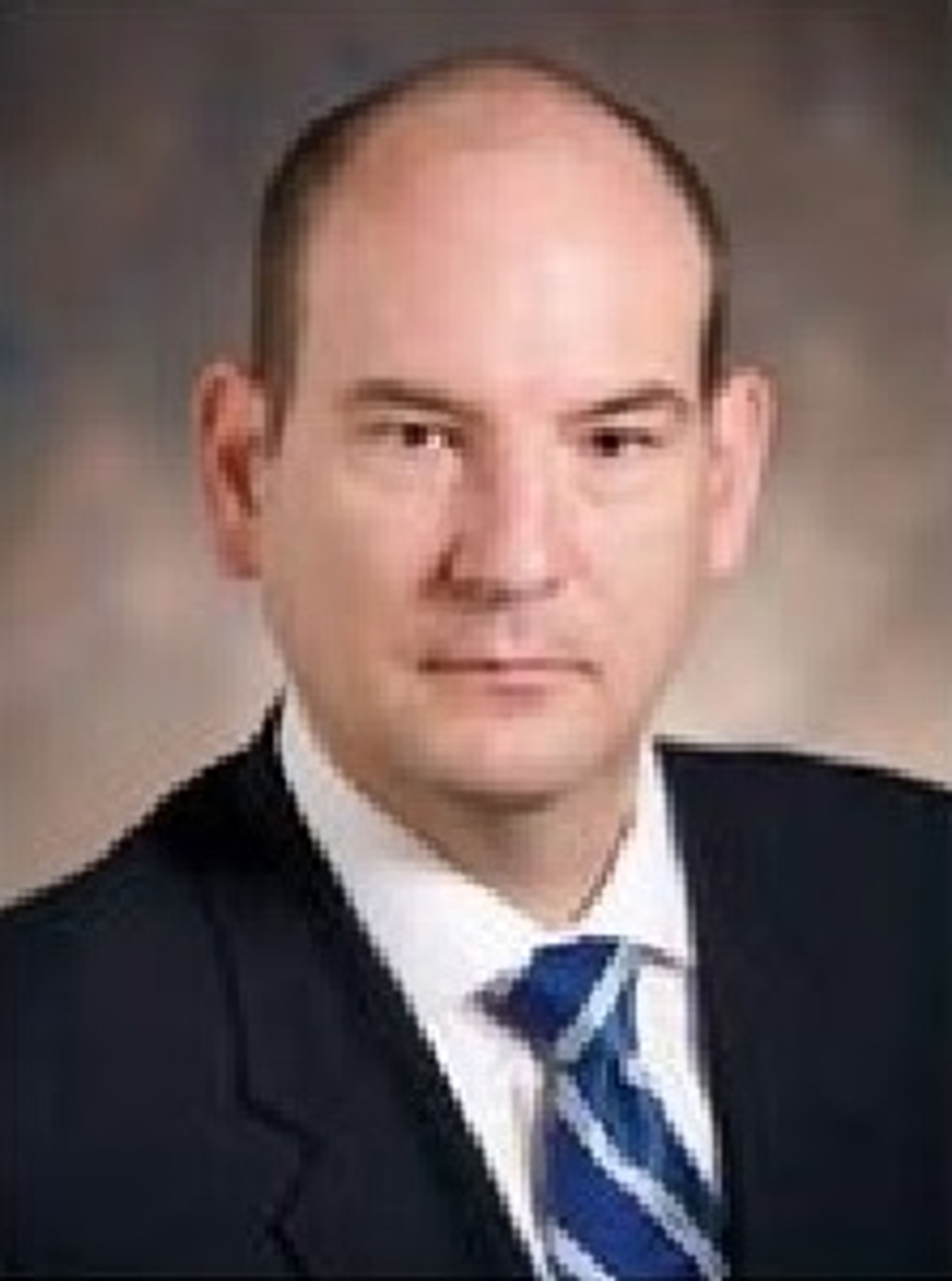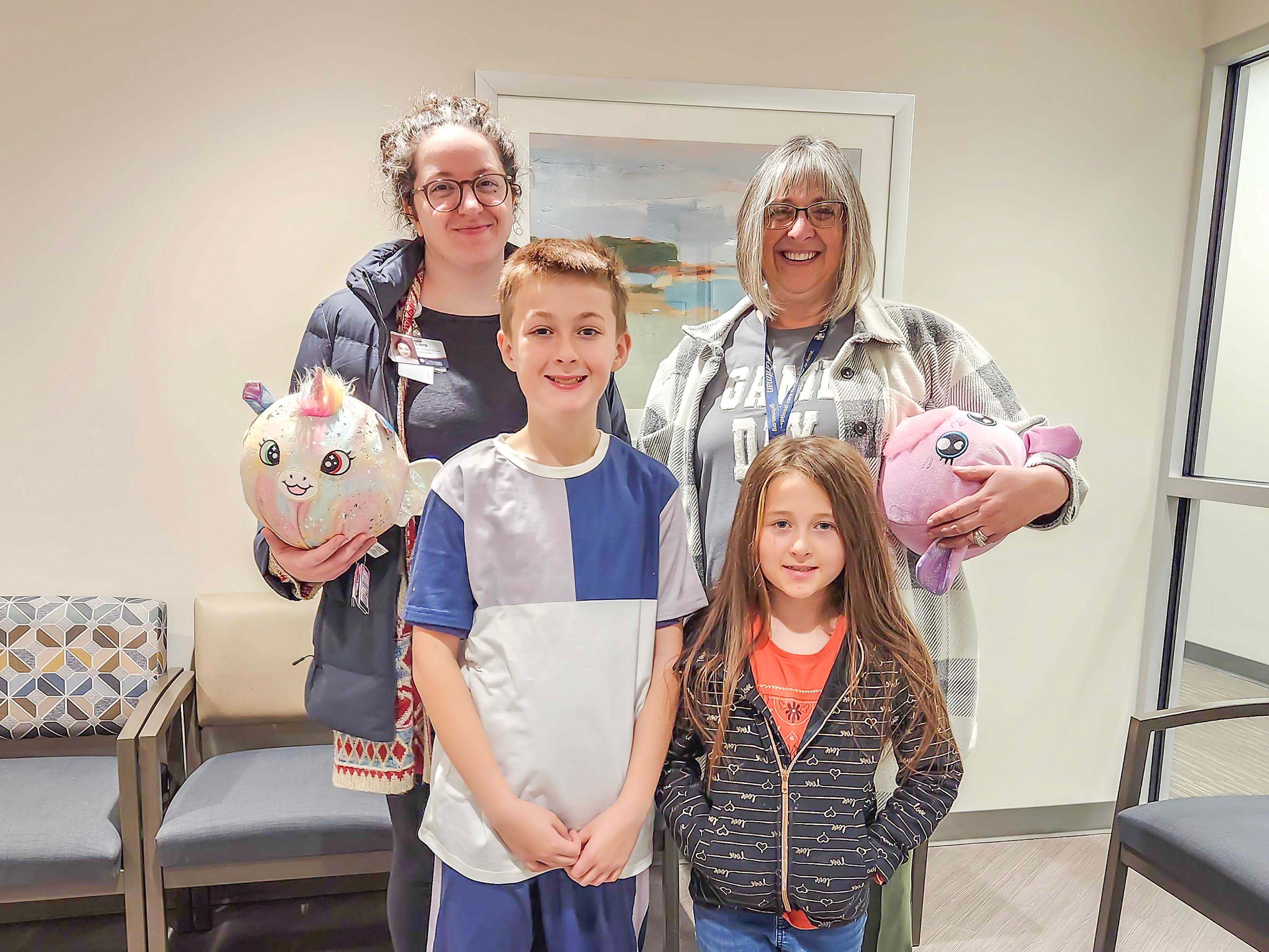WSU scientists participate in record-breaking research that could improve battery charging and biosensing
This could lead to a number of advantages like biosensing, soft robotics and neuromorphic computing
A new discovery by Washington State University scientists and the Lawrence Berkeley National Laboratory has the potential to improve battery charging, energy storage and more.
The university said in a news release Tuesday that researchers, led by WSU physicist Brian Collins, set a new ion speed record using nanoscience. They found a way to make ions move 10 times faster in organic ion-electronic conductors.
This could lead to a number of advantages like biosensing, soft robotics and neuromorphic computing, according to the news release.
The conductors take advantage of ion signaling used in many biological systems, such as the human body, as well as electron signaling found in computers.
The development allows for simultaneous movement between ions and electrons, which is crucial for battery charging and energy storage, according to the news release.
The conductors have the prospect of powering technologies that combine biological and electrical mechanisms, like neuromorphic computing that imitates the human brain and nervous system, according to the news release.
Scientists also created a sensor to detect chemical reactions on a microscopic scale, according to the news release. This may have the ability to distinguish pollution in the environment, or identify neurons firing in the body and brain.
The study was supported by the National Science Foundation. Contributors include first author Tamanna Khan, co-authors Thomas Ferron and Awwad Alotaibi, of WSU, and Terry McAfee, of Lawrence Berkeley National Laboratory.
More information on the research is avaialble at bit.ly/3OmboF7.








